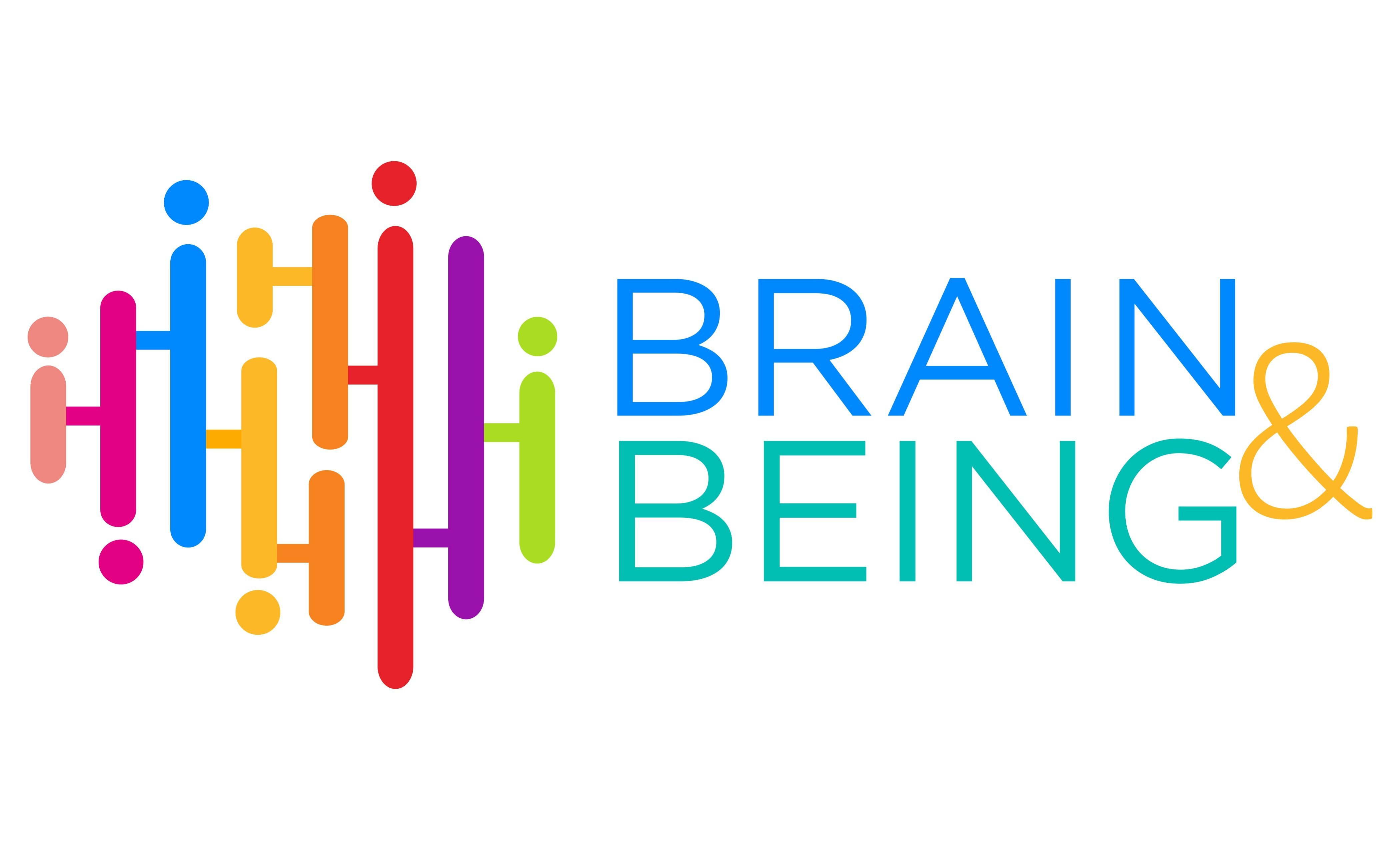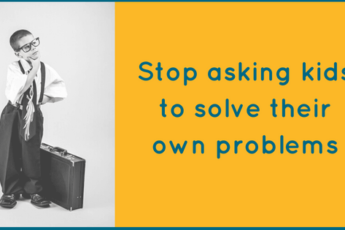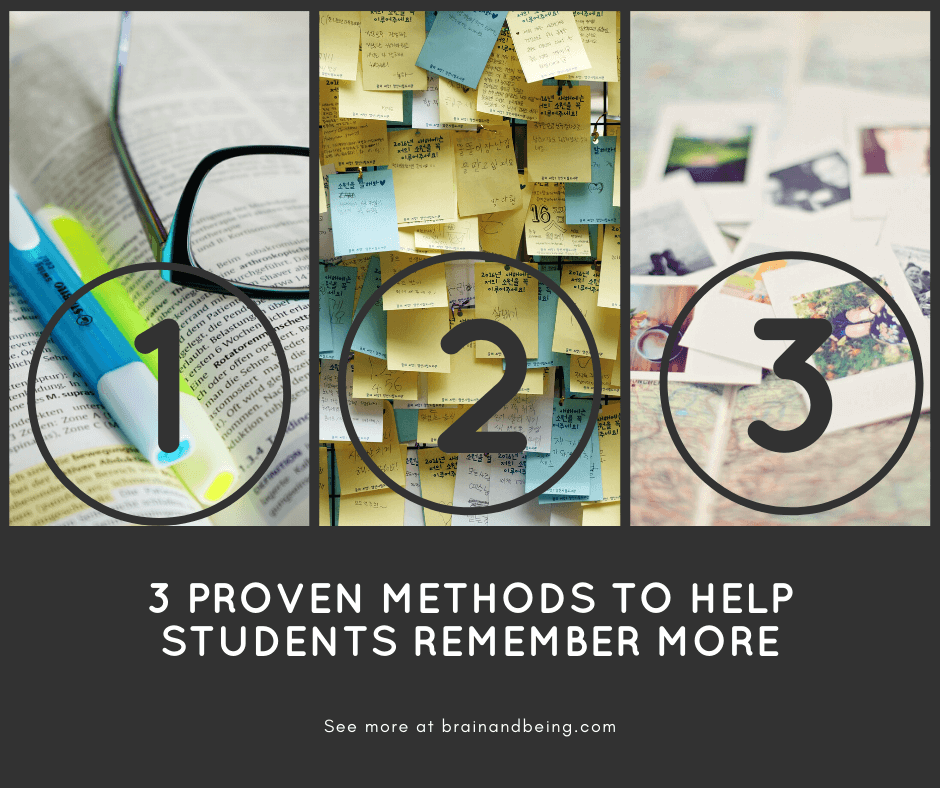I cringe when I hear someone say, “I know he can do it. He did it yesterday so he is making a choice now not to do it.” This might be said about the student completing an assignment or reading fluently or following directions. The idea is that once the student has figured out how to do something one time, he should be doing it flawlessly from now to eternity.
But humans don’t work like that. We all do things at times that we can’t actually do all of the time. People run marathons. I get up at 6:00 without hitting the snooze button sometimes. The muffins I make turn out amazing every once in a while, and occasionally they are doomed to the compost bin.
Executive skills are still in development until we are in our early to mid-twenties. So how is it that sometimes we see amazing executive skills from youngsters? How can they even use a system that isn’t done being built yet?
Executive skills include all of those mental tasks that we engage in for the purpose of getting something done, from the mundane to the super complex. These mental tasks include things like working memory, attention, organization, planning, and metacognition.

I love a good analogy, so today I will bring you – A Teen’s Executive Skills are Like Bad Internet. In my house and maybe yours, if it is a clear, calm day, the temperatures are just right, and I’m not asking it to do more than one thing at a time, my internet works quite well. But as soon as the wind blows or I try to get online when someone else is streaming a movie, it’s touch and go.
Executive functioning skills in kids and adolescents work very much the same. For all of us, heightened emotions (wind) or super busy schedules (that streaming movie) make it more likely that we will forget something or fail to pay attention to our surroundings.
Adolescents are particularly vulnerable to circumstances that may cause a glitch in the wiring. And that’s because the actual synapses (wires) in their brains are not as reliable. As they get older, the structure of the brain changes and makes these connections more reliable and automatic. Until then, a strong emotion or a complex project can overwhelm the system and cause anything from slower processing to an outright meltdown. That’s why we see them handle themselves like pros at times and like total messes at others.
So if you find your kid or your student isn’t doing something that she could do last week, ask yourself if there is an overload on the system? Are there other stressors or expectations that are interfering? Does it take a tremendous effort (marathon – and, if I’m honest, waking up without hitting the snooze)? Or is this something they are still learning to do consistently or fluently (making muffins)?
Remember that what comes easily to you, may still be hard for a teenager.








Leave a Comment